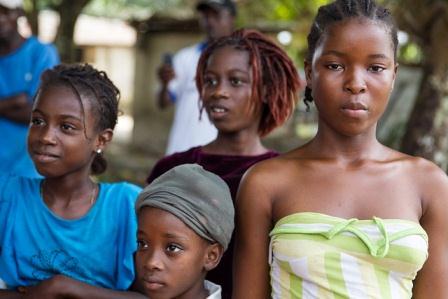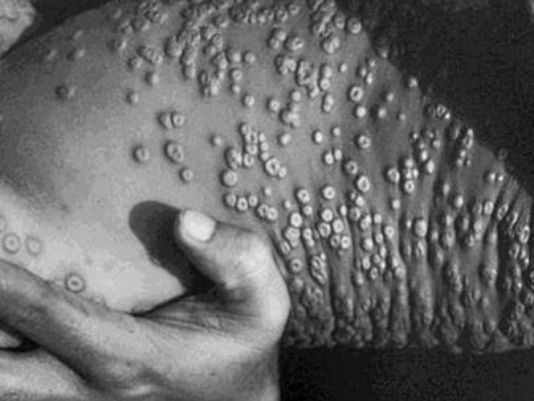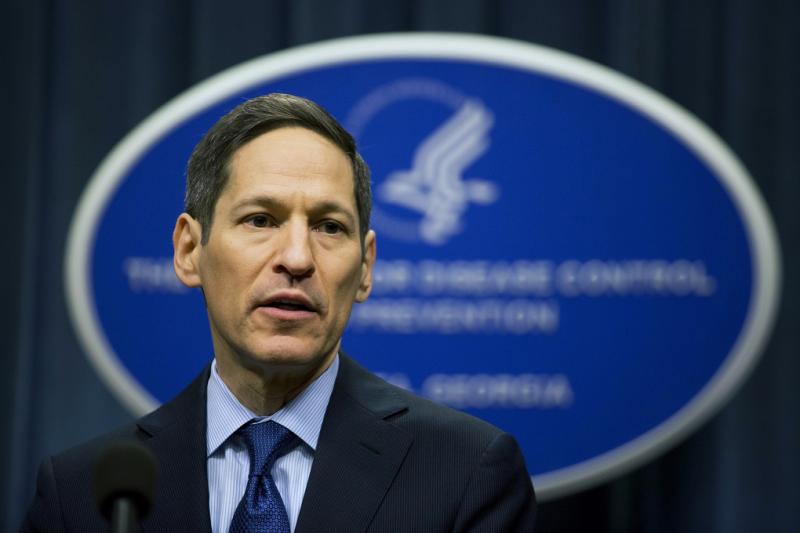By John Baimba Sesay -Freetown
Deputising His Excellency President Ernest Bai Koroma, Vice President Victor Bockarie Foh on Friday,15th May, launched the National Open Data Portal at the Credentials Hall,State House, Freetown.
Speaking,at the event,Vice President Foh said,the launch of the Open Data Portal today, was a milestone continuation of government’s zeal for openness and transparency.
“In our modern world, communications through electronic media is becoming a major way of ensuring transparency; more information could be transmitted via electronic means, and this Portal will utilize this new means of communication to reach out to many more people”,Vice President Foh said.

















 OSTED BY:
OSTED BY: 






Recent Comments